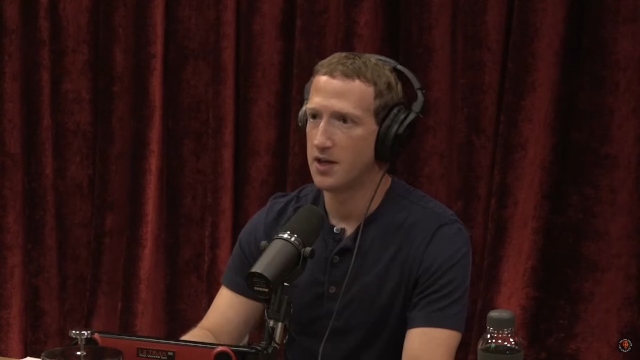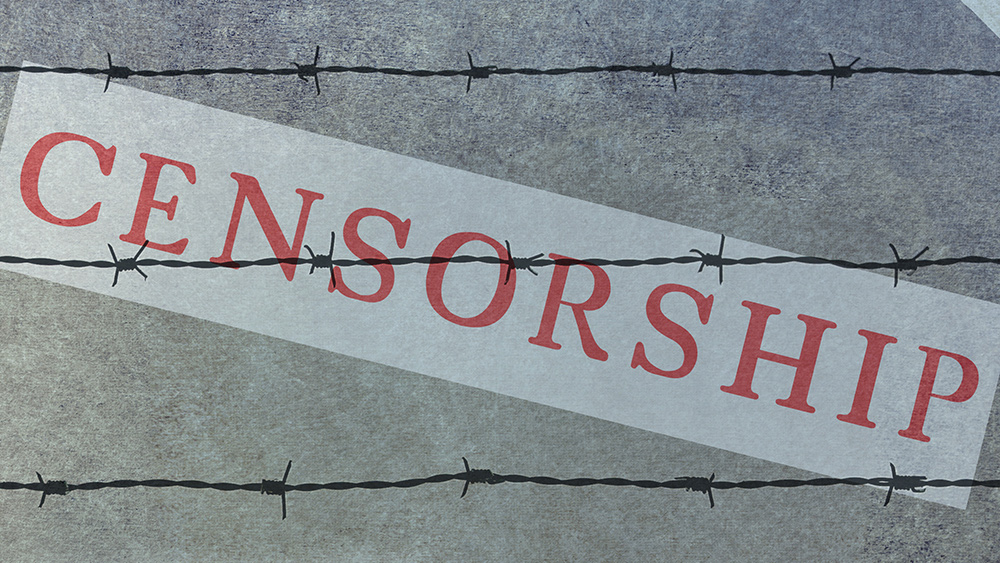
- Mark Zuckerberg revealed Biden administration officials pressured Meta to remove COVID-19 posts, even when factually accurate, often using aggressive tactics.
- Zuckerberg admitted regret over not doing more to protect free speech during the pandemic.
- Meta resisted removing posts about vaccine side effects and humor, including a Leonardo DiCaprio meme.
- Meta is shifting toward free speech policies, scrapping third-party fact-checking and adopting community-based moderation.
- Zuckerberg’s revelations have sparked debates about government overreach and First Amendment violations.
In a bombshell interview on The Joe Rogan Experience, Meta CEO Mark Zuckerberg revealed that Biden administration officials repeatedly pressured his company to remove COVID-19-related posts—even when the content was factually accurate.
Zuckerberg described how White House staff would “scream” and “curse” at Meta employees, demanding the removal of posts that discussed vaccine side effects or challenged the government’s narrative. The tech mogul, who has recently shifted toward more conservative practices, admitted that while Meta occasionally pushed back against censorship, he now regrets not doing more to protect free speech.
The revelations came during a three-hour conversation with Rogan, which has already garnered over 6.5 million views on YouTube. Zuckerberg’s candid remarks shed light on the intense government pressure faced by social media companies during the pandemic and raise serious questions about the Biden administration’s respect for the First Amendment.
Zuckerberg detailed how the Biden administration’s demands escalated after the rollout of COVID-19 vaccines. Officials reportedly targeted posts that mentioned vaccine side effects, labeling them as “misinformation” and demanding their removal. He said the administration wanted them to take down anything that said vaccines could have side effects. Zuckerberg told Rogan: “And I was just like, ‘Well, we’re not gonna do that.’”
The Meta CEO recounted how White House staff would call his team, yelling and cursing while threatening repercussions if the company refused to comply. “It was brutal,” Zuckerberg said, adding that Meta has documents containing these threats. Despite the pressure, Zuckerberg said his team occasionally resisted, refusing to remove posts that were true or fell under the category of humor and satire.
One example involved a meme featuring Leonardo DiCaprio, which the White House wanted removed. “They wanted us to take down this meme of Leonardo DiCaprio looking at a TV, talking about how 10 years from now … you’re gonna see an ad that says, ‘OK, if you took a COVID vaccine, you’re eligible for this kind of payment,’” Zuckerberg recalled. “And we just said, ‘No, we’re not gonna take down humor and satire.’”
A shift toward free speech and conservative practices
Zuckerberg’s interview comes amid a broader shift in Meta’s policies. Last week, the company announced it would scrap its third-party fact-checking program, which Zuckerberg described as overly censorious and prone to errors. Instead, Meta will adopt a community-based moderation system similar to X’s “Community Notes” feature.
The move has drawn criticism from the Biden administration but aligns with Zuckerberg’s growing emphasis on free speech. “I was really worried from the beginning about basically becoming this decider of what is true in the world,” he told Rogan. “That’s kind of a crazy position to be in for billions of people using your service.”
Zuckerberg’s recent actions suggest a broader pivot toward conservative principles. Meta has rolled back diversity, equity, and inclusion (DEI) initiatives. The tech mogul has also been seen courting conservative figures, including former President Donald Trump, whom he praised during the interview. “I think he just wants America to win,” Zuckerberg said of Trump.
A call for accountability
Zuckerberg’s revelations have reignited debates about government overreach and the role of social media in public discourse. While he acknowledged that the Biden administration’s goal of increasing vaccination rates was well-intentioned, he argued that its tactics violated the First Amendment. “I don’t think that the government pushing for social media companies to censor stuff was legal,” he said.
The Meta CEO’s decision to speak out has been praised by free speech advocates, who see it as a step toward holding both government and tech companies accountable. As Zuckerberg continues to navigate the complex intersection of technology, politics, and free speech, his recent actions suggest a willingness to challenge the status quo—even if it means alienating powerful allies. However, he admitted there’s more work to be done to ensure that platforms like Facebook remain spaces for open dialogue—not tools for government censorship.
Sources for this article include:
Please contact us for more information.




















